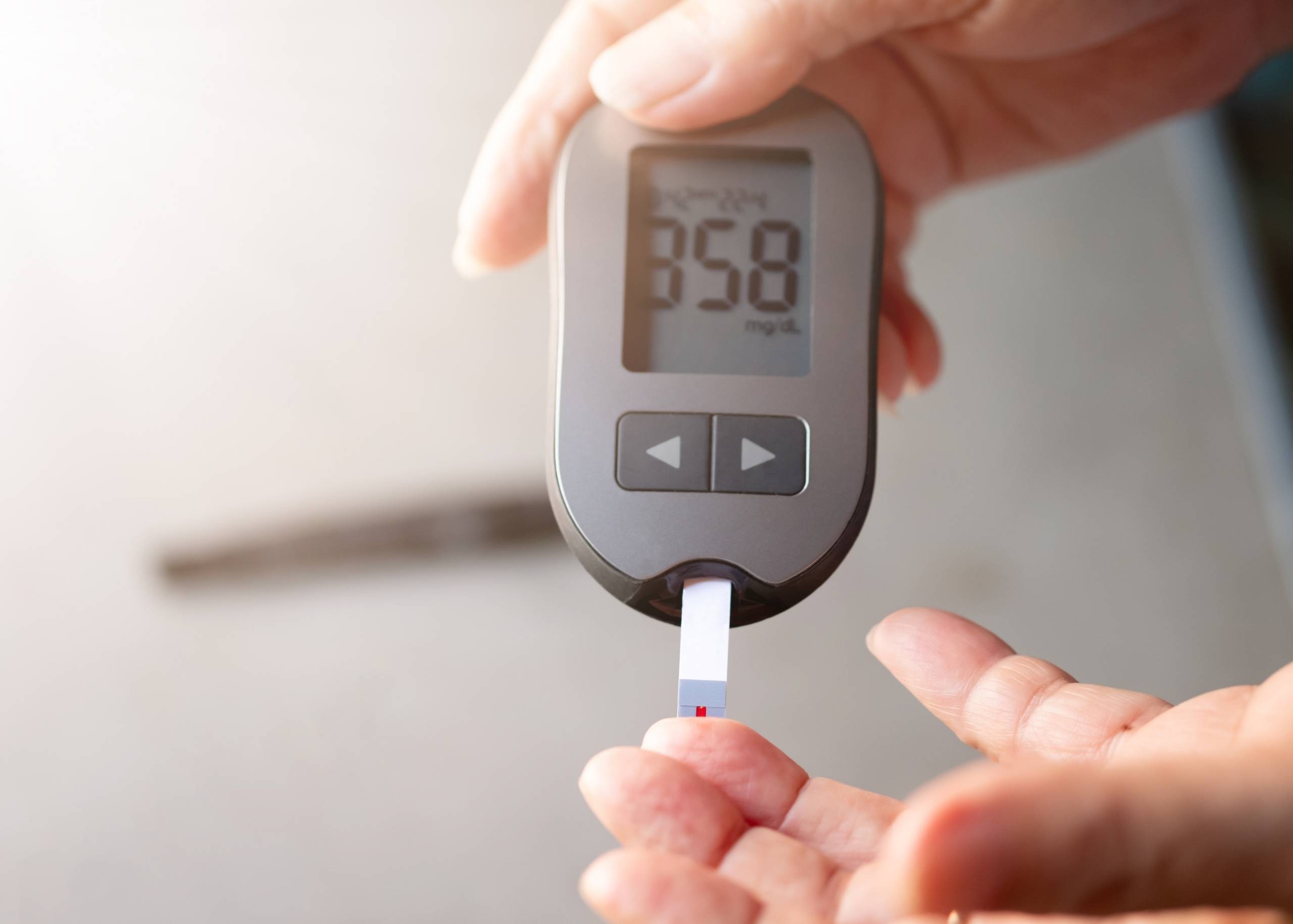High blood sugar, also called hyperglycemia, is a condition in which your blood glucose (sugar) levels are too high.
High blood sugar is caused by an imbalance between the amount of glucose in your body and the amount of insulin to move into your cells. When this happens, the glucose builds up and stays in your bloodstream instead of being taken up by cells throughout your body.
This causes even more glucose to be released from the liver into the bloodstream to prevent dangerously low glucose levels in the body — causing even higher blood sugar levels.
High blood sugar can be a severe health issue. If left untreated, it can lead to diabetes and other severe conditions. Here are some signs that you may have high blood sugar:
Drinking More Fluid than Normal
If you notice that you’re drinking more fluid than usual, it could show high blood sugar. The kidneys can lose the ability to reabsorb excess glucose from the body, which causes excess glucose to enter the urine.
This causes increased urination and thirst, as well as weight loss. Increased urination also means you’re not getting enough fluids, which can lead to dehydration.
Increased Hunger
One of the most common symptoms of high blood sugar is increased hunger. Because your body can’t properly use glucose, it burns fat instead.
This causes a decrease in insulin levels, which then triggers an increase in appetite. This can lead to a rise in snacking, often on unhealthy foods high in sugar and fat.
Blurred Vision
Blurred vision is a symptom of high blood sugar that various factors can cause.
When you have high blood sugar, the glucose in your bloodstream can damage the small blood vessels that supply your eyes with oxygen. This damage causes blurred vision.
If you have high blood sugar and blurred vision, you must see a doctor as soon as possible.
Feeling Tired or Fatigued
Tiredness is one of the first signs of high blood sugar. If you have diabetes, your body does not produce enough insulin or cannot use the insulin it produces efficiently.
This causes glucose to build up in your blood instead of entering your cells, where it would be used for energy. Too much glucose stays in your bloodstream, and not enough is available to fuel vital organs such as your brain and kidneys.
When there’s too much glucose in the bloodstream, cells become starved for energy and stop working properly. Your brain needs a constant supply of glucose to stay alert, so when there’s too much glucose in your bloodstream, you’ll start to feel fatigued.
Needing to Pee More Than Usual
If you’ve felt you have to pee more than usual, you may have high blood sugar.
When your body breaks down food, it creates glucose as fuel for your body. Your liver uses some of this glucose to make glycogen. The rest is used as energy for your muscles and brain.
If you have diabetes, your body doesn’t process glucose normally.
Instead of using insulin to move glucose into cells where it can be used as energy, your body makes too much glucose and stores it in the form of glycogen. Glycogen is then turned into fat and stored in the liver and muscles.
This excess glucose can build up in the bloodstream and spill over into the urine, causing more frequent urination.
Slow Wound Healing
Wound healing is the process of repairing damaged tissue. It involves growing new tissue to replace damaged, dead, or dying cells.
High blood sugar can delay wound healing because it interferes with the formation of new blood vessels needed for this process.
Infections like Thrush
Infections like thrush can occur in people with high blood glucose levels. This can be caused by an overgrowth of candida, a fungus that normally lives in the mouth and vagina.
High blood glucose levels can also cause an increase in the number of bacteria and fungi in the body, which makes it easier for infections to develop.
Dry Mouth and Itchy Skin
A dry mouth and itchy skin are two symptoms of high blood sugar. When your blood sugar is too high, you may experience a dry mouth.
Your body uses sugar as fuel, so when you have too much sugar in your system, your body tries to eliminate it by making you thirsty and urinate. The dry mouth is a result of this excessive urination.
Another symptom is itchiness. High blood sugar can cause the body’s cells to swell, irritating the skin’s surface.
This irritation may cause you to itch all over your body, especially in areas where you sweat heavily or have lots of hair follicles.
Weight Loss
If your blood sugar is high, you may experience weight loss. This is because it causes your body to produce more insulin than it needs.
And since insulin helps your body turn the food you eat into energy, when you have too much insulin, it doesn’t have enough energy to burn up all its calories.
So instead of being stored as fat, they are burned up as heat—which can lead to weight loss.
If you’re experiencing unexplained weight loss, checking your blood glucose levels is essential. This can help identify if there’s an underlying health issue or not.
Mood Changes or Feeling Anxious or Depressed
High blood sugar levels can cause your mood to change. It may make you feel anxious or depressed. You might also have trouble concentrating and remembering things. It can affect your body in various ways. See these symptoms and speak with your doctor if you have concerns.
Medeor Hospital in Dubai and Abu Dhabi offers the best treatment and cares for patients with high blood sugar to help them better manage their diabetes and take control of their health.
Our team of doctors, nurses, dietitians, and other health professionals is dedicated to helping people live healthier by reducing the effects of high blood sugar through comprehensive and personalized care, education, and support.


















